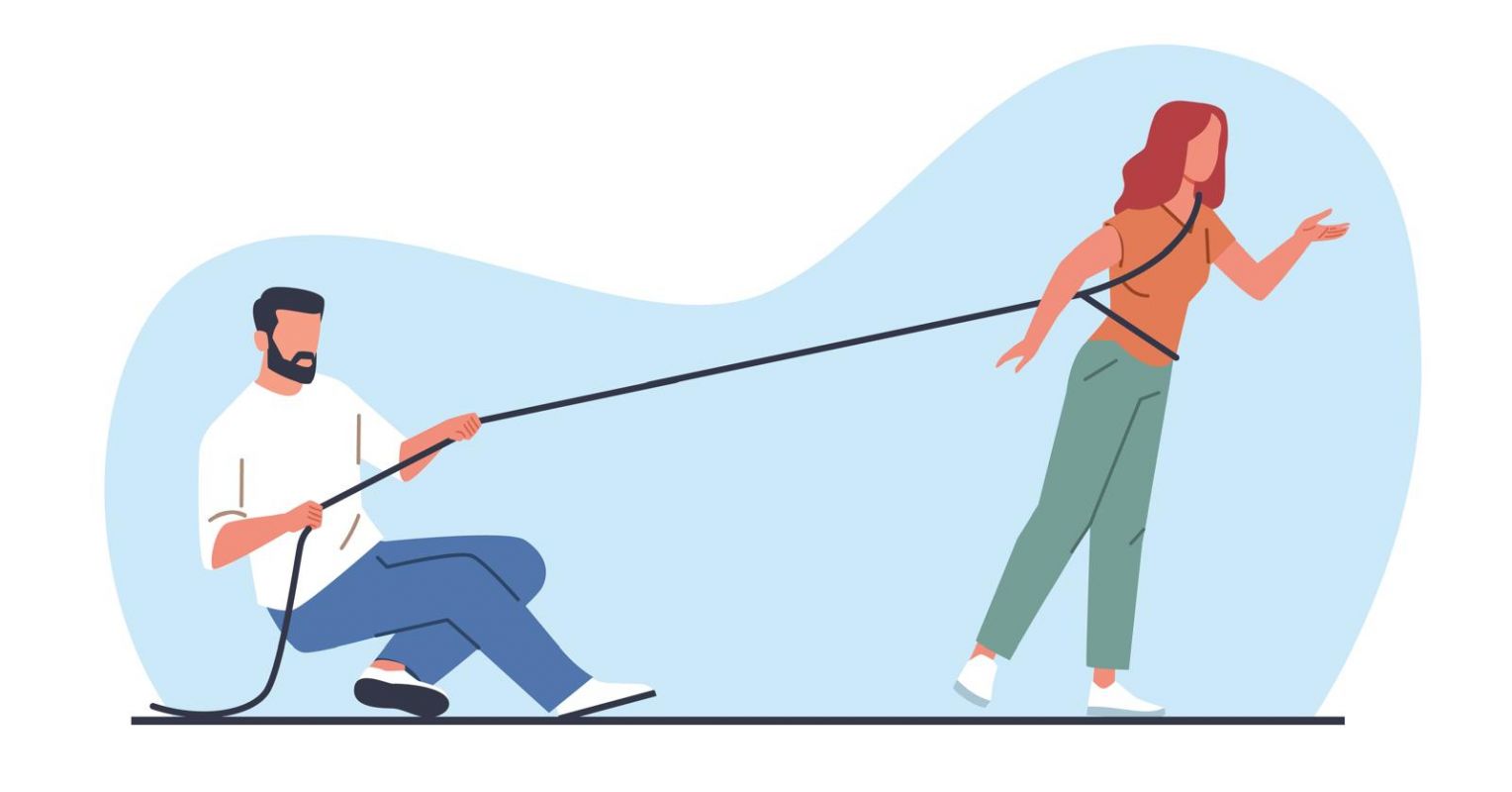
"You're not the problem. That other person is not the problem. The enmeshment is the problem. Enmeshment in a relationship blurs where one person ends, and another begins. If you add in a partner who has narcissistic dynamics-like status-seeking, a steady pull for admiration, controlling through flattery, gaslighting, or fault-finding-then that blurred boundary between you can feel like an erasing of you."
"You absorb the stress and fix what breaks. On the other hand, your narcissistic partner probably walks away feeling affirmed and in charge, having called the shots and claimed all the praise. In this article, I'll explain how the core problem in your relationship is the system of enmeshment you're in-not just the narcissistic person you're with. In doing so, I'll provide some healthy moves to help you reclaim your center."
"Identity loss. Your preferences bend toward theirs. Simple questions-what you like, how you spend Saturday-get hard to answer without checking their mood. Mood contagion. Their frustration becomes your project. Quiet evenings turn into repair missions. Role drift. You morph into buffer, explainer, fixer, or audience-even when those roles don't fit. Privacy gaps. Texts, finances, or decisions feel shared by default; a pause to think gets framed as secrecy."
Enmeshment blurs personal boundaries so identity and agency become trapped in a joint relational field. A partner with narcissistic dynamics—status-seeking, steady demand for admiration, flattery-driven control, gaslighting, and fault-finding—intensifies the erosion of the other's sense of self. One partner typically carries the emotional labor, absorbs stress, repairs ruptures, and shifts preferences, moods, privacy, and roles to accommodate the other. The narcissistic partner often leaves feeling affirmed and in charge. Addressing the problem requires treating enmeshment as a systemic issue and adopting deliberate boundary-restoring moves to reclaim individual center.
Read at Psychology Today
Unable to calculate read time
Collection
[
|
...
]